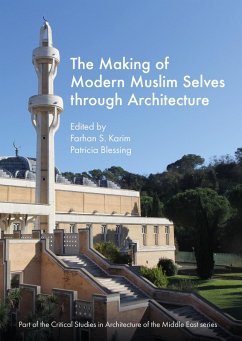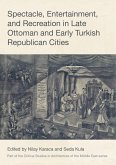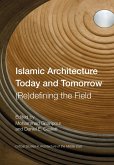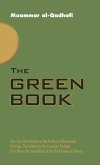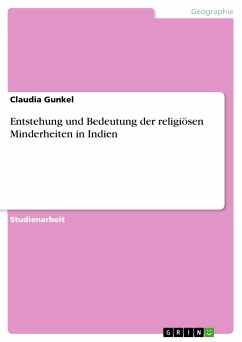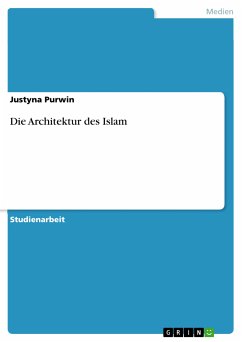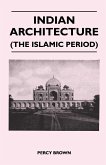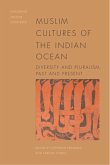This collection seeks to explore alternative definitions of bounded identities, facilitating new approaches to spatial and architectural forms. Taking as its starting point the emergence of a new sense of 'boundary' emerged from the post-19th century dissolution of large, heterogeneous empires into a mosaic of nation-states in the Islamic world. This new sense of boundaries has not only determined the ways in which we imagine and construct the idea of modern citizenship, but also redefines relationships between the nation, citizenship, cities and architecture.
It brings critical perspectives to our understanding of the interrelation between the accumulated flows and the evolving concepts of boundary in predominantly Muslim societies and within the global Muslim diaspora. Essays in this book seeks to investigate how architecture mediates the creation and deployment of boundaries and boundedness that have been devised to define, enable, obstruct, accumulate and/or control flows able to disrupt bounded territories or identities.
More generally, the book explores how architecture might be considered as a means to understand the relationship between flows and boundaries and its implication of defining modern self. The essays in this volume collectively address how the construction of self is primarily a spatial event and operated within the crucial nexus of power-knowledge-space.
Contributors investigate how architecture mediates the creation and deployment of boundaries and boundedness, how architecture might be considered as a means to understand the relationship between flows and boundaries and its implications for how we define the modern self.
Part of the Critical Studies in Architecture of the Middle East series.
It brings critical perspectives to our understanding of the interrelation between the accumulated flows and the evolving concepts of boundary in predominantly Muslim societies and within the global Muslim diaspora. Essays in this book seeks to investigate how architecture mediates the creation and deployment of boundaries and boundedness that have been devised to define, enable, obstruct, accumulate and/or control flows able to disrupt bounded territories or identities.
More generally, the book explores how architecture might be considered as a means to understand the relationship between flows and boundaries and its implication of defining modern self. The essays in this volume collectively address how the construction of self is primarily a spatial event and operated within the crucial nexus of power-knowledge-space.
Contributors investigate how architecture mediates the creation and deployment of boundaries and boundedness, how architecture might be considered as a means to understand the relationship between flows and boundaries and its implications for how we define the modern self.
Part of the Critical Studies in Architecture of the Middle East series.
Dieser Download kann aus rechtlichen Gründen nur mit Rechnungsadresse in A, D ausgeliefert werden.

